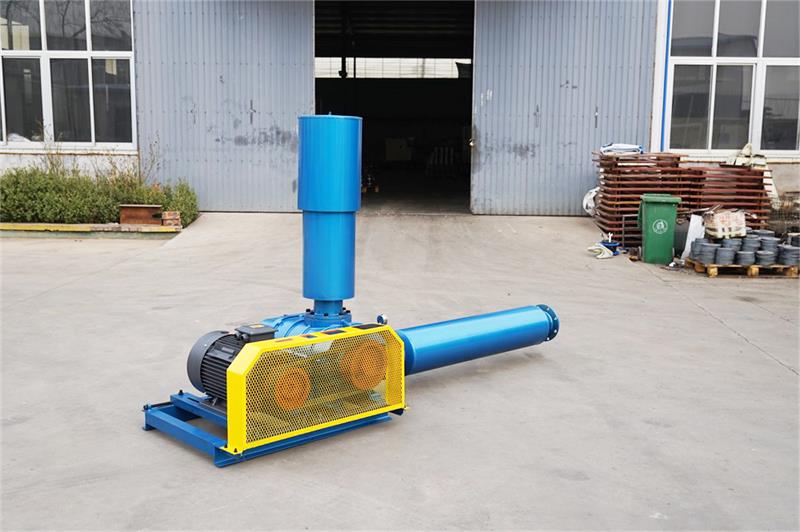服務(wù)熱線:400-9901-557/18678880998
微信號(hào):18678880998
淘寶店鋪:點(diǎn)擊進(jìn)入
1688店鋪:點(diǎn)擊進(jìn)入
愛(ài)采購(gòu)商城:點(diǎn)擊進(jìn)入
拼多多商城:點(diǎn)擊進(jìn)入
服務(wù)熱線:400-9901-557/18678880998
微信號(hào):18678880998
淘寶店鋪:點(diǎn)擊進(jìn)入
1688店鋪:點(diǎn)擊進(jìn)入
愛(ài)采購(gòu)商城:點(diǎn)擊進(jìn)入
拼多多商城:點(diǎn)擊進(jìn)入
羅茨鼓風(fēng)機(jī)常見(jiàn)故障原因和解決方法
發(fā)布時(shí)間:2023-01-13 來(lái)源:http://lzdbgs.com.cn/

熱門產(chǎn)品 / HOT PRODUCT
新聞 / NEWS RECOMMENDATIONS
